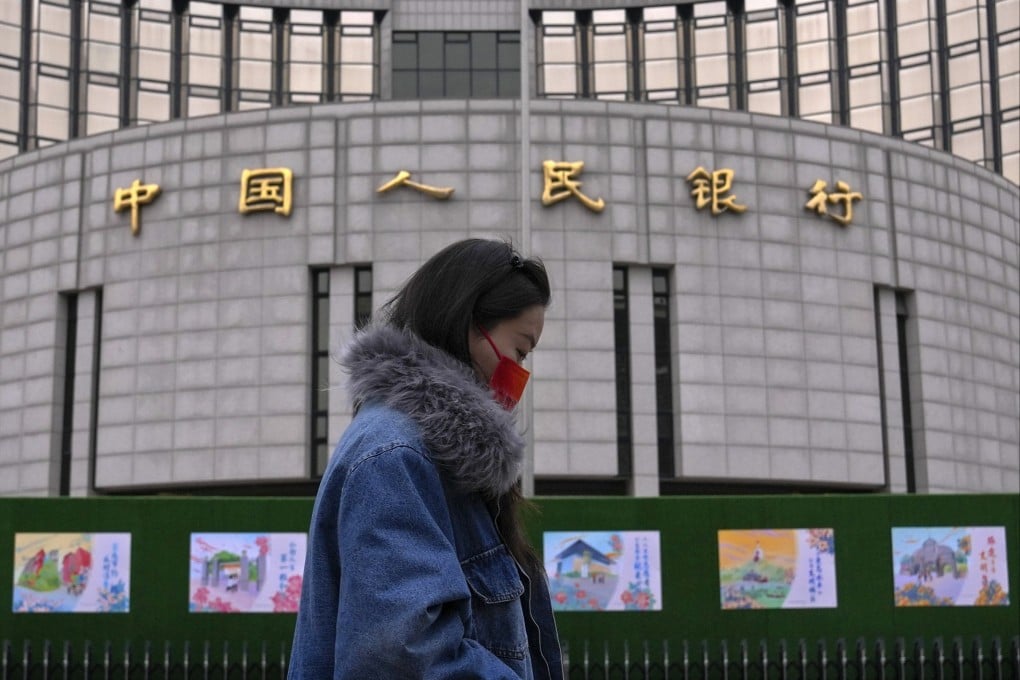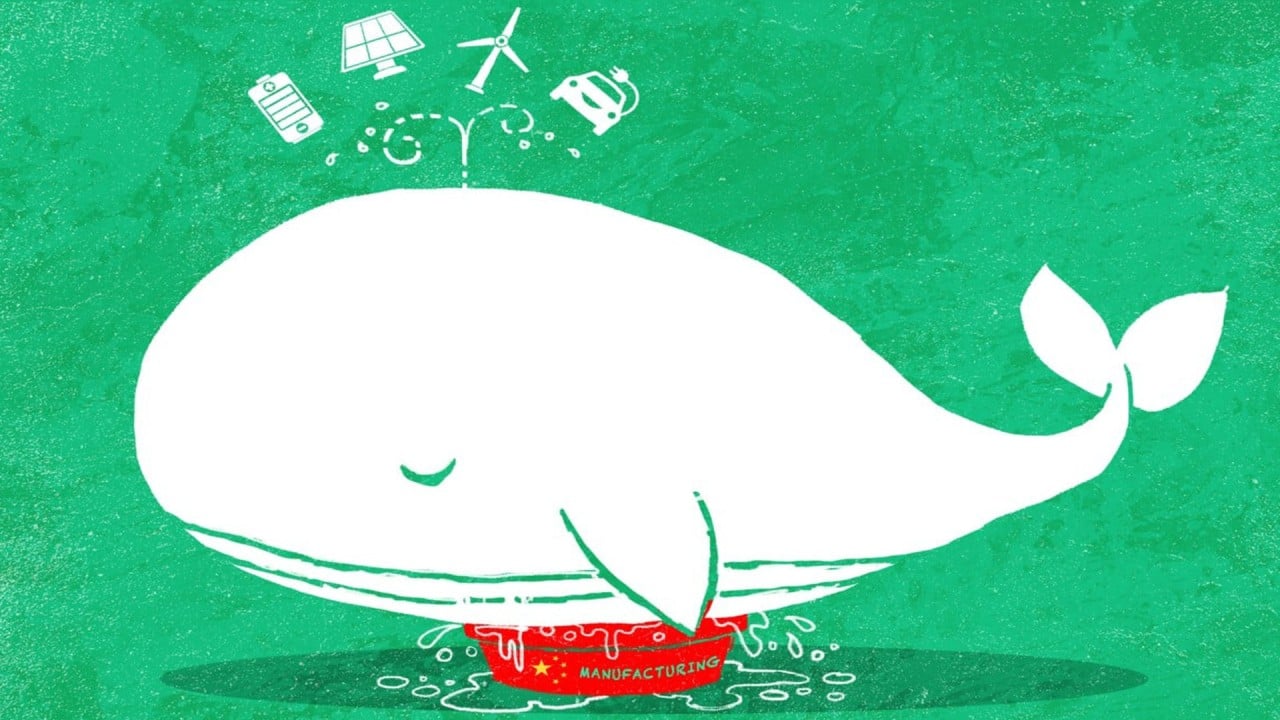Opinion | China must not repeat its mistakes in tackling overcapacity
- Overtightening hurt China’s economy in the past. Faced with new overcapacities, China should adopt a more expansionary fiscal and monetary policy

Fuelled by massive investments – fixed-asset investment grew by 30.1 per cent in 2009 and 23.8 per cent in 2010 (year on year) – China’s economy rebounded sharply, achieving 10.6 per cent growth in 2010.
Although demand also rose quickly, supply failed to keep pace, as it takes time for new investment to translate into increased production capacity. (The duration of the lag depends on the type of investment.) This mismatch contributed to an uptick in inflation, with the consumer price index (CPI) rising by 3 per cent in 2010.
By the time CPI growth peaked at 5.4 per cent in March 2011, the Chinese government had announced that its top policy priority for the year would be to clamp down on inflation. And clamp down it did: from 2009 to 2011, China’s budget deficit-to-GDP ratio fell from 2.8 per cent to 1.1 per cent, and new credit declined from 9.6 trillion yuan to 7.5 trillion yuan.


